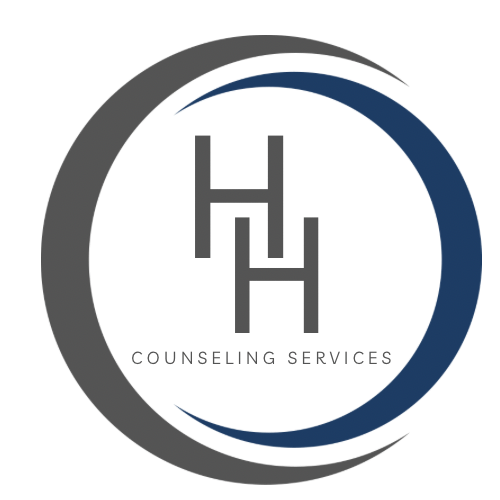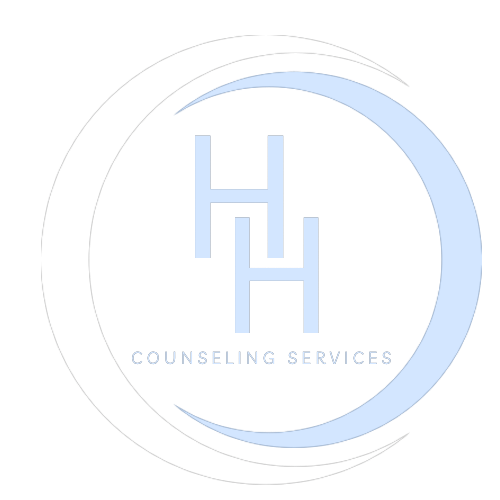Medication plays an important role in helping people to manage their conditions and improve their well-being. But medication management is crucial to get the maximum benefit without any harm.
At Hope & Healing Counseling Services, we understand a comprehensive approach to effective treatment, which includes therapy and medication. We focus on the optimal practices that can help individuals regain control over their lives.
What is Medication Management?
Medication management is a process in which patients take the medicines prescribed by their healthcare professionals. It includes practices related to medication in the treatment plan, such as following dosage instructions and monitoring side effects. When done correctly, medication management can enhance the effectiveness of the treatment.
People dealing with any mental health conditions like depression, anxiety, bipolar disorder, and schizophrenia rely on medication to manage their symptoms.
The medications can be life-changing for the patients by offering relief, mood stability, and a better quality of life. For the desired results in the form of effective treatment, medication management is essential.
Role of Medication in Mental Health Treatment
In the context of mental health, it’s important to understand how medicine works. There are several categories of medicines related to mental health that are prescribed:
Antidepressants
These medicines are used to adjust the levels of neurotransmitters in the brain. It helps to regulate mood and behavior. For example, a person with general anxiety disorder (GAD) may be prescribed Selective Serotonin Reuptake Inhibitors (SSRIs) to reduce anxiety symptoms.
Antipsychotics
Antipsychotic medicines are used for schizophrenia, bipolar disorder, and severe depression. These medicines help to reduce hallucinations and delusions.
Mood Stabilizers
These are the medicines that experts recommend to patients with bipolar disorders to regulate extreme mood swings.
Anti-anxiety Medications
These medications are used to provide short-term relief for severe anxiety symptoms. Patients having acute panic attacks might be prescribed such medicines to have quick relief.
Why Medication Management Matters?
There are numerous reasons that make medication management important:
- Optimizing Effectiveness
The dosage and timing of medicines play a crucial role in optimizing their effectiveness. Medicines often take time to work, and the patient may need to adjust the dosage to strike the right balance between effectiveness and side effects.
- Preventing Side Effects
Like medications used for other treatments, these medicines can have potential side effects. However, proper medication management can help minimize these side effects.
- Adding Regularity
It is really important to stick to the medication prescribed by the healthcare professional. Missing a dose, discontinuing treatment too early, or incorrect use can lead to worsening symptoms. For addiction patients, it can lead to relapse.
- Coordination with Therapy
Medication can enhance the benefits of psychotherapy. Therapy enables individuals to cope with their emotions, behaviors, and thoughts. Meanwhile, medication also helps to stabilize their mood and allows them to engage in therapy talks effectively.
How to Master Medication Management?
A clear and organized approach is needed to master medication management. Here are some practical steps that can help to do so:
- Collaborate with Healthcare Providers
Open communication with the healthcare team, which includes psychiatrists, primary doctors, and pharmacists, can help manage medication properly. For instance, a patient visits regularly with the healthcare providers so that the professionals can monitor the effectiveness of the medicine and adjust the dosage for effective treatment.
- Understand the Prescribed Medicine
The patient should understand how the medication works and what potential side effects to expect. This helps them proceed with the treatment without a misleading situation that can affect the continuity of the treatment.
- Schedule Your Medication
Keeping a medication schedule can help prevent missing any dosage. You can set alarms on your phone to get the medicine at the right time. Patients who do not miss their dose usually experience the intended benefits of the medication.
- Track Symptoms and Side Effects
Maintaining a record of symptoms and side effects of the medication can help to monitor the effectiveness. Thus, improvements can be made for an effective treatment.
- Consult Pharmacists for Clarification
If the symptoms and side effects are causing trouble, you should consult your pharmacist and discuss the problem. Secondly, if there are any concerns about potential interactions with other medications, it is better to consult the pharmacist and proceed with safe use.
Medication Management and Psychotherapy
The medication management alone can’t make everything good. Psychotherapy is crucial to managing mental health and dealing with the challenges in life. Therapy provides psychological support that is necessary to address the root cause of mental health conditions.
For example, Cognitive Behavior Therapy (CBT) helps individuals identify negative thought patterns and replace them with positive thinking. Combined with medication, the patient can have effective treatment.
Conclusion
Medication management is vital for successful mental health treatment. Understanding prescribed medication and setting a consistent schedule with the track of symptoms and the follow-ups with the healthcare provider can help to have better results.
Mastering the medication with regular therapy suggested by the psychotherapist helps to have an effective treatment of the problem.
If you or any of your loved ones are dealing with some challenges in life, make an appointment and discuss with the psychotherapists to find the best way out of the situation.






